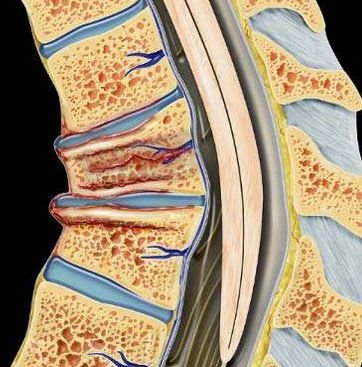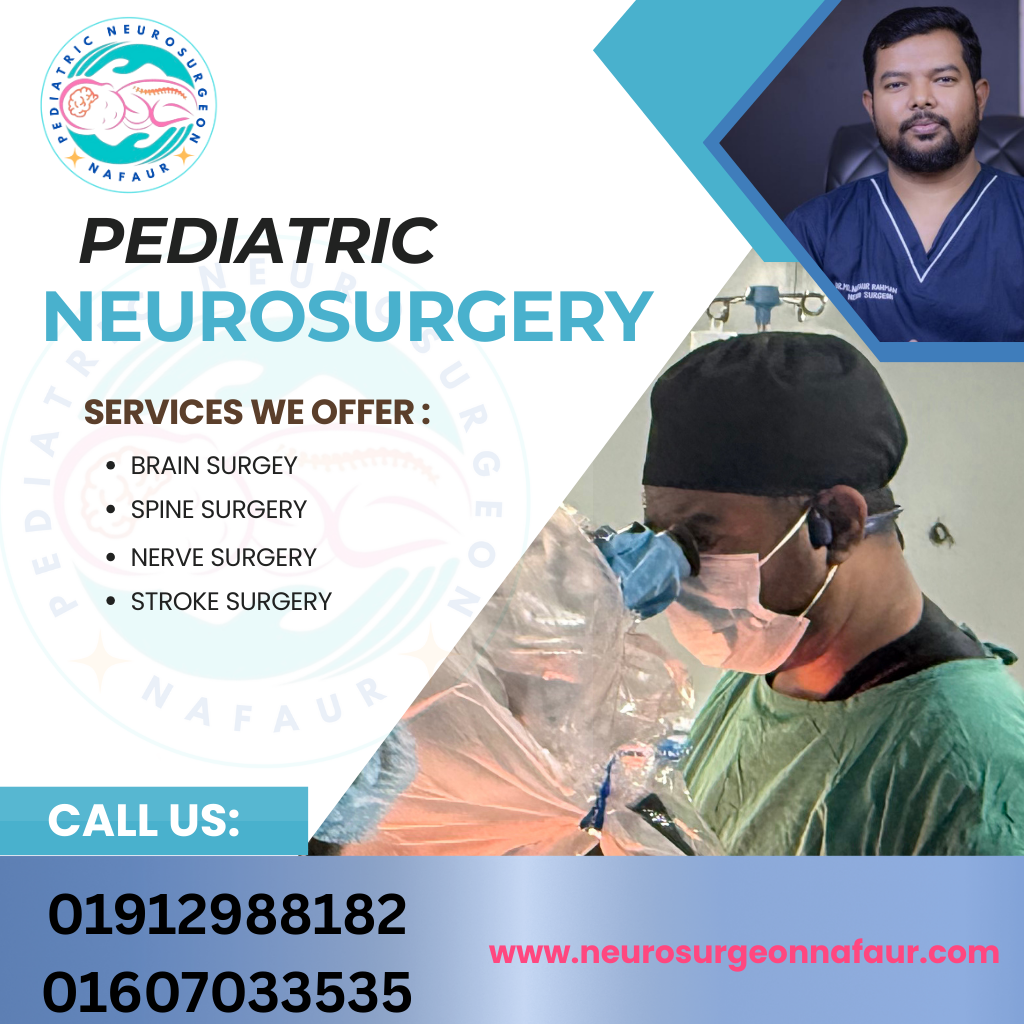Penetrating Spine Injuries
Penetrating Spine Injuries
Penetrating spine injuries are rare but life-threatening events that result when foreign objects such as knives, bullets, metallic rods, or industrial debris breach the protective barriers of the spinal column. In Bangladesh, such injuries are seen in settings of interpersonal violence, occupational accidents, and road traffic collisions. They can lead to spinal cord damage, infection, neurological deficits, and long-term disability if not treated promptly and effectively.
Dr. Md. Nafaur Rahman, a highly skilled spinal and pediatric neurosurgeon based in Dhaka, offers state-of-the-art evaluation and surgical intervention for patients with penetrating spinal trauma. With growing access to specialized care, outcomes in such cases have significantly improved under expert hands.
What Are Penetrating Spine Injuries?
Unlike blunt spinal trauma, penetrating spine injuries (PSIs) occur when a sharp or high-velocity object directly enters the spinal canal or vertebrae. These can be low-velocity injuries (e.g., stab wounds) or high-velocity injuries (e.g., gunshots or shrapnel).
They may cause:
Spinal cord injury (SCI)
Nerve root transection
Vertebral fractures and instability
CSF leakage and infections (e.g., meningitis, abscess)
Paralysis and sensory deficits
Causes in Bangladesh Context
Stab wounds from domestic violence or street altercations
Gunshot injuries in border areas or conflict zones
Industrial accidents involving sharp tools or machinery
Construction-related injuries due to falls on iron rods or rebars
Child abuse or sharp object trauma in vulnerable pediatric populations
Post-disaster or collapse injuries with penetrating debris
These incidents often occur in rural areas or under-resourced urban settings, where early identification and referral are critical to reduce morbidity.
Common Signs and Symptoms
Open wound on back or neck with visible foreign body
Profuse bleeding or CSF (brain fluid) leakage
Paralysis or weakness in limbs below injury level
Numbness or altered sensation
Bladder or bowel incontinence
Shock or unconsciousness in severe cases
Fever and signs of infection in delayed presentations
Emergency Evaluation and Imaging
Dr. Nafaur Rahman recommends rapid but cautious assessment:
Spinal immobilization before transport to prevent worsening of injury
CT Scan to assess vertebral damage and foreign object trajectory
MRI (when safe) to evaluate spinal cord compression and soft tissue damage
X-rays in basic setups for initial localization
CT Angiogram if vascular injury is suspected
Neurological grading using ASIA or Glasgow Coma Scale
Note: MRI is contraindicated if metallic objects are still in place.
Management Protocol
✅ Initial Emergency Care
Control bleeding and stabilize airway/breathing
Prevent movement of spine during transport
IV antibiotics to prevent infection
Tetanus prophylaxis
Admission to ICU if needed
Surgical Management
Surgery is often lifesaving in penetrating spine injuries. Dr. Nafaur Rahman performs:
Foreign body removal under image guidance
Spinal decompression and cord decompression
Dural repair to prevent CSF leakage
Spinal stabilization with screws/rods if vertebral instability is present
Drainage of hematoma or abscess if infection develops
Reconstruction in case of bony destruction
Advanced tools such as intraoperative neuro-monitoring, microsurgical techniques, and high-definition fluoroscopy are utilized to minimize risk during surgery.
Postoperative Care & Rehabilitation
Antibiotic therapy for infection control
ICU monitoring for ventilatory or neurological complications
Spinal bracing for stabilization during healing
Physiotherapy and rehabilitation to improve motor outcomes
Neuro-urological care for bladder recovery
Regular follow-up to monitor spine healing and neurological recovery
Prognosis and Outcome
The outcome depends on:
Type and depth of injury
Level of spinal cord damage
Time to surgical intervention
Presence of infection or vascular injury
Early intervention by a skilled neurosurgeon can lead to significant neurological recovery, especially in partial injuries. Delayed or neglected care often results in permanent paralysis or infection-related complications.
Why Choose Dr. Md. Nafaur Rahman?
✅ Renowned for managing complex spinal trauma in both adults and children
✅ Pioneer in emergency spinal decompression surgery in Bangladesh
✅ Operates at NINS (public) and Bangladesh Paediatric Neurocare Centre (private)
✅ Offers affordable spine trauma care with international standards
✅ Highly experienced in spinal instrumentation, reconstruction, and infection control
✅ Trusted by patients across Bangladesh for life-saving spinal surgeries
Book a Consultation for Spine Injuries in Bangladesh
📌 Dr. Md. Nafaur Rahman
Assistant Professor, Pediatric Neurosurgery, National Institute of Neurosciences & Hospital (NINS)
Chief Consultant, Bangladesh Paediatric Neurocare Centre
📞 For Serial/Appointment:
📱 +8801912988182 | +8801607033535
🌐 Visit: www.neurosurgeonnafaur.com










